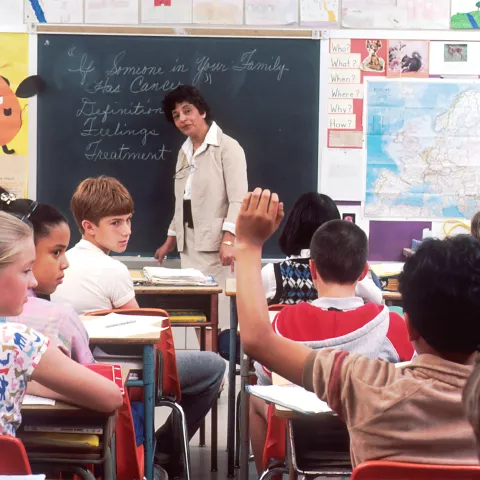National and state education policies have a significant impact on interactions in the classroom. Policies have been used as a tool to guide and improve various aspects of education, from governance to accreditation to teacher training. But, despite the best policy efforts, education systems have often been characterized by closed knowledge systems, narrow conceptions of success and achievement, and a failure to fully empower teachers as facilitators of learning.
A recently published paper by Neil Butcher & Associates (NBA) argues that, although these issues may have multiple causes, a critical problem is that many education systems are inhibited by complex policy environments that inadvertently encumber meaningful learning and generate educational closure.
The paper identifies complex education policy environments as a significant barrier to meaningful learning. Over time, accumulation of rules and policies has introduced inefficiencies and unnecessary constraints that inhibit instead of support learner success. The authors demonstrate this by investigating a key manifestation of policy complexity, namely increasingly granular and dense national curricula. They argue that there are two notable consequences of curriculum policy complexity:
- The over-reliance on standardized testing and high-stakes examinations. These measures, while intended to streamline and quantify success, often do more harm than good.
- An erosion of teacher autonomy. This constrains what teachers can do in the classroom and increases the tendency to ‘teach to the curriculum’ (or, worse even, to the examination).
Indeed, the idea that all issues are thought to be solved by developing a policy has sidelined essential educational goals and introduced a convoluted web of often conflicting and misinformed requirements. Good results in comprehensive standardized tests have been misconstrued as an indicator of learner achievement. This misplaced emphasis has not only escalated stress and anxiety among learners, parents, and teachers but it has also fostered an educational environment where test scores eclipse the desire for deep, meaningful learning.
The paper brings to light the universal nature of these issues. Despite philosophical, linguistic, and administrative differences in education systems around the world, complex policy environments are a common factor across many. Teachers find themselves particularly constrained by ever-increasing procedures and curriculum requirements, leaving little room for adaptive learning or learner-teacher engagement and even less space for implementing creative teaching methodologies.
In response to these challenges, the paper proposes integrating open learning principles into policy discourse and reviewing processes to reduce unnecessary complexity and closure within education systems. This paradigm shift offers a host of new opportunities, particularly for teachers and learners who can collaboratively steer classroom experiences away from the narrow confines of standardized testing and the treatment of teachers as deliverers of the curriculum, and towards a more enriching educational experience.
The paper provides a call to action for policymakers, government officials, and the broader education community to acknowledge and address unnecessary closure in traditional education systems. Change will only be possible once it is expressed at the policy level.

